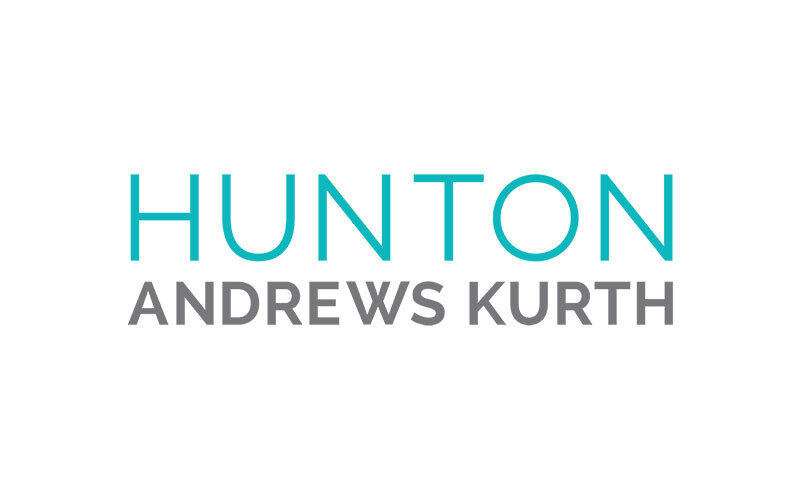Court Denies Policyholder’s Motion for Partial Summary Judgment in RWI Lawsuit

Novolex Holdings, LLC v. Illinois Union Insurance Company is one of the few cases involving a claim under a Representation and Warranties (“R&W”) policy playing out in a public forum because most R&W cases are resolved before a formal dispute and often don’t reach litigation. In addition, most R&W policies provide the policyholder with the option to have the dispute resolved through arbitration, which many clients may prefer so as to avoid the public scrutiny of a court case. Novolex, however, is one of the few cases that has proceeded to litigation.
The dispute arises from Novolex’s $2.2 billion deal to acquire The Waddington Group (“TWG”), a manufacturer of food packaging and disposable products under an equity purchase agreement (“EPA”), from Newell. In connection with the transaction, Novolex procured R&W insurance to protect against the risk that a representation or warranty in the EPA turned out to be inaccurate. Given the size of the deal, Novolex purchased a large amount of coverage: $150 million in limits under four policies in excess of a $17 million retention.
After the transaction was completed, Novolex alleged that various representations in the EPA had been breached. Novolex argued that TWG knew that its customer, Costco, intended to significantly reduce business with TWG. Novolex claimed damages of around $267 million. Novolex filed a claim with its R&W insurers seeking to recover for its loss and was able to resolve its claims with the primary insurer and the first-layer and third-layer excess insurers.
Novolex’s excess insurers, Illinois Union Insurance Co., Lloyd’s Syndicate 4000, Barbican Transaction Liability Consortium 9804 and Arch Reinsurance (Bermuda) Ltd. (“the Insurers”) denied coverage. Novolex filed suit in the New York Supreme Court to recover the insurance proceeds. Illinois Union filed a motion to dismiss that was ultimately denied by the court. Following discovery, Novolex and the Insurers filed motions for summary judgment.
In its motion for summary judgment, Novolex alleged various arguments as to why the EPA was breached due to the misrepresentation by Newell.[1] For example, one argument advanced by Novolex was that there was a breach under Section 3.7(b) of the EPA, which stated that from December 31, 2017, until May 2, 2018, there had “not been any Effect which has had or would reasonably be expected to have a Material Adverse Effect.”
The Insurers argued that the materiality scrape providing that “[b]oth the existence of any Breach and the amount of any Losses resulting from such Breach shall be determined without giving effect to any ‘material,’ ‘materiality,’ ‘Material Adverse Effect,’ or similar qualification contained in or otherwise applicable to the representations or warranties contained in Article III of the Acquisition Agreement,” did not apply to Section 3.7. Their reasoning for the materiality scrape not applying was because applying it would render the representation provision meaningless as it would remove “Material Adverse Effect” from the provision.
According to the Insurers, applying the materiality scrape literally, Section 3.7(b) would contain a representation that from December 2017 until May 2, 2018, there had “not been any Effect which has had or would reasonably be expected to have a Material Adverse Effect.” The Insurers contended that meant the materiality scrape should not apply to Section 3.7(b). The court found this provision to be ambiguous and construed it in favor of Novolex, finding that this was an issue of fact and not one for summary judgment.
In addition, the court granted in part the Insurers’ motion for summary judgment and denied Novolex’s motion for partial summary judgment in full. The Insurers subsequently moved to reargue and have appealed. Novolex has cross appealed and opposed the motion for reargument.
Novolex is a good reminder that buyers should be careful to scrutinize the seller’s representations and make sure those representations match up with concerns identified during the due diligence process. For example, while a buyer may expect that undisclosed issues like a known reduction in business with a larger customer would lead to a breach of a representation, that may not line up with the actual representations made by the seller. And where there is ambiguity around whether a representation was even made, a dispute with the seller or the R&W insurer is all but certain.
[1] This blog post will solely focus on one of the main arguments advanced by Novolex.







